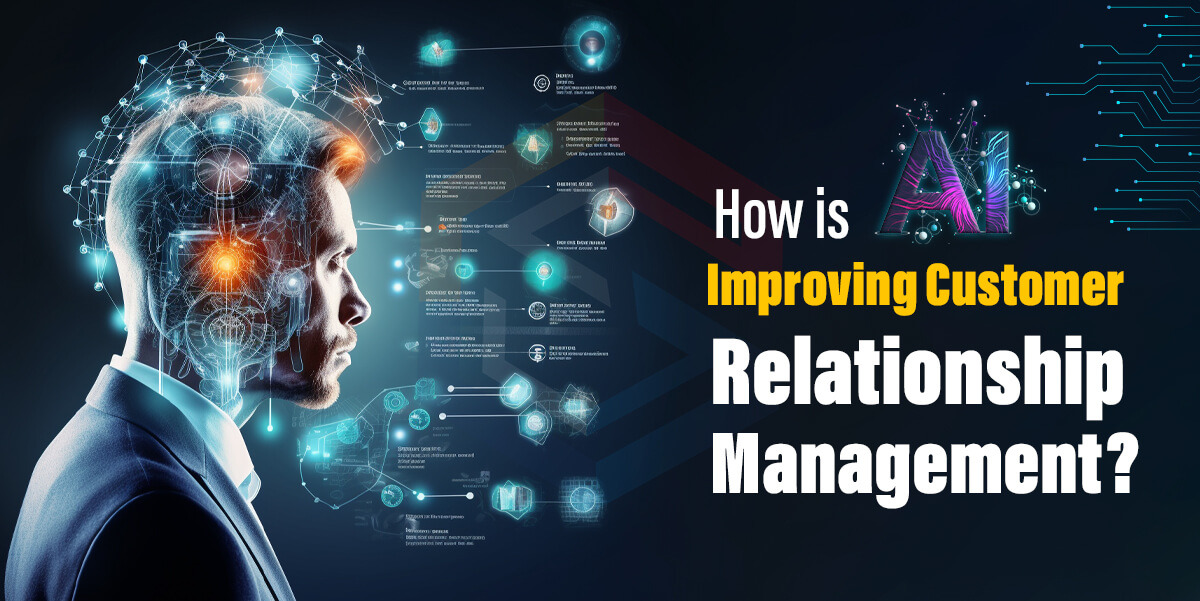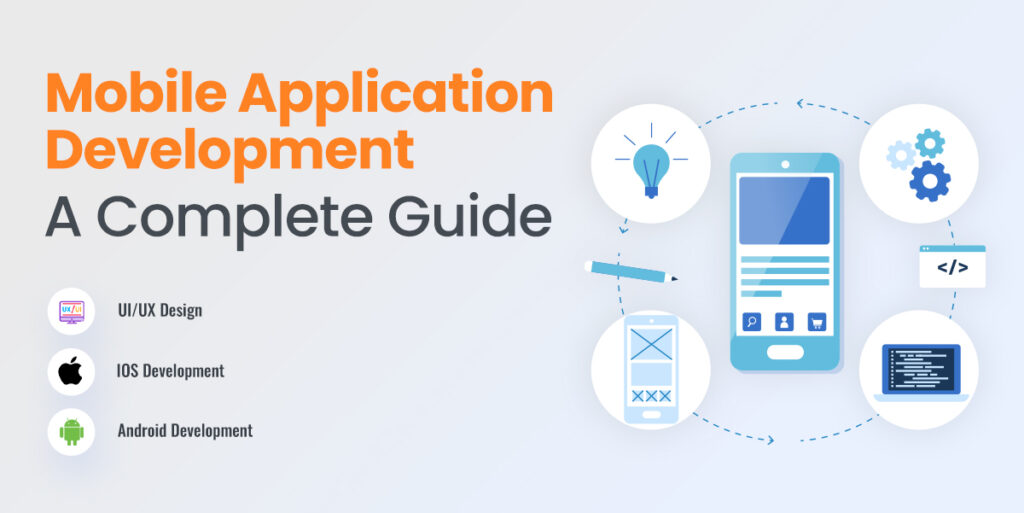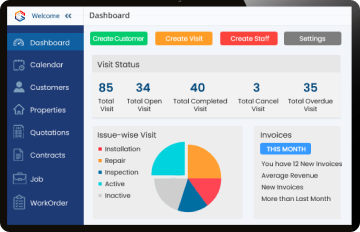The integration of AI, into customer relationship management systems is leading us into an era of engaging with customers. With the growth of data and advancements in AI technology businesses now have opportunities to enhance customer experiences streamline operations and drive growth. While traditional CRM methods have been effective in the past they are now being. Even replaced by AI-powered solutions that offer insights and capabilities. As we delve into the impact of AI on CRM it’s crucial to recognize the transformation happening in how we connect with and serve our customers. From suggestions to real-time decision making AI is revolutionizing customer interactions enabling us to forge relationships and deliver exceptional value. In today’s evolving landscape integrating AI into your CRM is not just an option; it has become a necessity. It presents a chance to stay ahead of the game and meet the changing expectations of your customers.
Personalization at Scale
The biggest advantage of AI in CRM is the possibility of large-scale personalization in consumer interactions. This was somewhat limited in past times when there was trouble reaching the consumers and manual work to understand the requirements and preferences of the consumers for customization. However, this is where data analysis tools, powered by AI, come in. They enable businesses to sift through huge amounts of data looking for patterns, preferences, and behaviors of individual customers. This level of great understanding allows the creation of recommendations and personalized interaction to be done in a way that every customer feels valued. For example, an e-commerce platform can use AI to recommend products based on a customer’s browsing history, purchase records, or even social media activity, and so be able to create for them an experience of unique personal shopping.
Improved Customer Service
Another area where AI is leading to disruption is customer service. Chatbots and virtual assistants are revolutionizing the CRM system in Singapore, permitting businesses to operate on a 24-hour basis without having to always depend on human intervention. These are AI software tools that can cover anything from a basic question to leading a customer through a simple troubleshooting process. This can automatically perform routine tasks by letting human customer service representatives focus their efforts on the solution of more complex issues, which would probably improve the overall efficiency and quality of provided customer service.
Predictive Analytics
Among the most influential AI applications in CRM, a special place belongs to predictive analytics. Very accurate predictions about future customer behavior and preferences are made with the use of AI algorithms, which are based on historical data about these areas. The possibility to predict the potentiality enables companies to stay ahead in terms of customer needs and, based on that, work accordingly. For example, a streaming service could use predictive analytics to recommend movies or shows that are probably of interest to a customer, based on their view history and what other users have watched in similar cases. Besides, it provides for strategic decision-making significantly.
Automated Customer Service and Support
It supports the sales teams through AI tools for lead scoring, which is a process in place to help rank the prospects on their chances of converting. This way, sales representatives can concentrate their efforts on leads of high quality, with a resulting gain in efficiency and conversion rates. AI takes care of the repetitive tasks, like making follow-up emails, inputting data, and scheduling appointments, automatically, freeing the salespeople more time to allow them to build better relationships and close deals.
AI also streamlines a more data-driven sales process. The use of AI tools in customer interaction and engagement analytics helps in understanding customers’ behavior and preference patterns. This can be harnessed by the sales team to further enrich its strategies on engagement, develop a pitch with the right amount of detail, and increase chances of success.
Improved Customer Retention
AI’s predictive capabilities are a game-changer for customer retention. By analyzing data to identify patterns that precede customer churn, AI enables businesses to intervene proactively. This could involve personalized outreach, special offers, or addressing specific concerns that have been identified as potential churn triggers. Such targeted actions can reinvigorate customer engagement and loyalty, demonstrating the business’s commitment to their satisfaction. This proactive stance on customer retention is crucial, as retaining an existing customer is often more cost-effective than acquiring a new one.
Real-Time Decision Making
Representatives get real-time knowledge that also includes the history of customer preferences at the point of interaction. The very possibility that customer service is going to be in this fast environment: the possibility of making quite informed but very quick decisions. This avails the information in real time, hence the representative can appropriately customize the approach and solutions in context to the needs given for effective responses to these customer issues. AI real-time analytics will advise strategic decisions that will enable the business to pick up fast from emerging trends and changes in customer feedback.
Integrating Omnichannel Customer Experiences
Customers today demand coherent experiences wherever they meet a brand, both online and at the location or on social media. Isolated sources, in this case, form an integrated and coherent omnichannel experience, wherein AI becomes a great enabler. AI consolidates customer data across multiple sources to provide a unified view of the customer journey and allows businesses to offer experiences that are between personalization and uniformity in experience with brand engagement, whether in-store, online, or any other channel of the experience.
Such an integration nature gives a chance to realize the service level and personal touch presented to the customers in the store; hence, actually, they create a feel for a continuum and reliability to build relationships with the customers.
Challenges and Considerations
The use of CRM software in Singapore, however, its advantages are clear and contains many challenges and considerations. The first major challenge is the issue of privacy and data security since AI in CRM contains enormous volumes of personal customer data. Business organizations are availing themselves of the data protection acts and going for even stronger securities to safeguard the information of their customers. Further, although AI can help improve customer interactions massively, checks need to be maintained so that it does not eclipse the human touch. With these new links, personal relationships are going to matter less, and therefore companies have to ensure that AI is just making that part more personalized rather than replacing those relationships.
Combined with AI, CRM finally gives firms a power tool either to enhance customer interaction, simplify the process, or even drive strategic decision-making. AI will help businesses to meet growing consumer pressure with individualized contact, and automation, and enable the obtaining of needed information quickly. Thus, firms have to handle these related matters in a circumspect and strategic manner so that the derived benefits from AI in CRM are well harvested. The same will enable companies to tap fully into the potential brought about by AI in their customer relationship management, in return superseding their competition in the present digital era.







